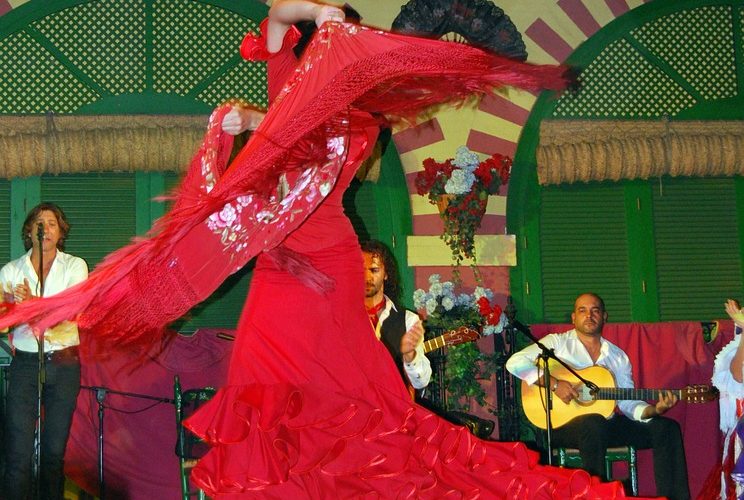What is the VAT treatment of dances?
The promotion of dances is liable to Value-Added Tax (VAT) at the standard rate.
What is a dance for VAT purposes?
A dance includes all public dances, that is, functions or gatherings where the principal activity is dancing. These dances are open to the public on payment of an admission charge or on pre-purchase of a ticket.
Examples include:
- functions arranged and promoted as dances
- dancing carried on in nightclubs or discotheques
- dancing carried on in public houses and similar establishments.
A dance can be regarded as taking place:
- irrespective of the venue involved
- or
- whether the dance music consists of a live musical performance by a band or services supplied by a DJ.
What are not treated as dances?
A live musical performance by a band will not be regarded as a dance where the following conditions apply:
- The venue is configured for a musical performance. For example, there is a stage area that enables the patrons to watch the performance by the band.
- The patrons have access to a designated seat or sufficient seating during all or part of the performance.
- The dancing is secondary to the live music performance by the band.
Dancing will be regarded as secondary where the floor area for dancing is small by comparison to the seating area for the musical performance.
Dance functions involving the consumption of food and drink
Functions may include both dancing and a substantial meal, for example, a four-course dinner. These functions are regarded as a composite supply of services, with the principal supply involved being the meal. The admission fee is liable to the second reduced rate of VAT. Sales of alcoholic drink are liable to VAT at the standard rate.
Dances for fund raising
Dinner dances in hotels or other licensed premises for fund-raising purposes and not in the furtherance of business are outside the scope of VAT. For example, benefit dances organised by charities or clubs on an occasional basis.
In these cases, the hotelier or licensee is not regarded as the promoter of the dance. Hoteliers and licensees are therefore liable only in respect of the receipts relating to the services supplied, for example, meals, drinks and so on.
Special rule for dances in licensed premises
Dances promoted by the licensee
Where a dance is held on a premises licensed to sell alcohol and the licensee is the promoter of the dance then VAT is charged on the admissions. VAT will be charged on any sales of food and drink in the normal way.
Deductions are not allowable unless the invoices are made out in the name of the licensee. Where the expenses are incurred by, and the charges are invoiced to, somebody other than the licensee, deduction against the licensee’s liability will not be allowed.
Dances promoted by non-licensees
Where a person other than the licensee promotes public dances on the licensee premises, liability for the VAT chargeable remains with the licensee. Accordingly, the licensee, must ensure that he or she is in a position to make the appropriate returns and pay the VAT to Revenue.
This is required even if such admission charges are received or receivable by a promoter or another person.
Published: 21 December 2022
Source: revenue.ie















